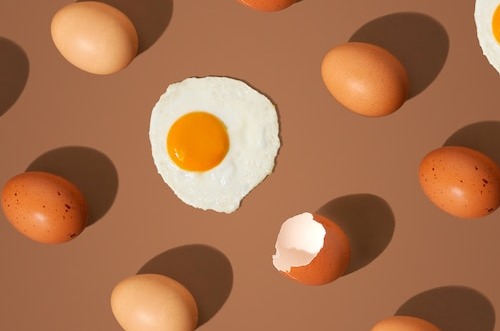
In W22 in the chicken-egg landscape, according to a study conducted by Copa-Cogeca, the abolition of cages in livestock farming in the EU would result in a drastic drop in production, encouraging imports from third countries with much lower animal welfare standards. Egg imports in the EU are expected to increase between 5 and 18% depending on the scenario considered. When considering a phase out by 2025, egg prices are expected to increase by 3.7% in the EU. Moreover, cage abolition in laying hens is expected to cost USD 3.43B at the EU-27 level. In essence, the elimination of cages will further threaten the resilience and competitiveness of the EU food system and intensify its dependence on imports. According to Cepea, the demand for eggs declined in Brazil in recent days, but prices remain firm in the markets. This is because the supply of eggs is restricted, mainly due to the cold weather that reduces the productivity of laying hens. A zoosanitary emergency was also declared throughout the national territory due to the confirmation of cases of H5N1 in wild birds. In Indonesia, the average price for chicken eggs in May increased by 3.7% to USD 2.08/kg. On Tuesday, May 30, the price stood at USD 2.15/kg. This is mainly attributed to the high corn price, a key ingredient in animal feed, and the declining chicken population. Therefore, the Indonesian government opens the option of limiting corn imports, since imported corn is only used for animal feed and could be used to keep egg prices in check. The consumption of eggs by many manufacturing enterprises and industrial kitchens decreased sharply in Vietnam, making eggs cost only USD 0.60-0.77/dozen in W22.
In response to the economic crisis in Sri Lanka, the country purchased 20M eggs from two farms in India, with 10M eggs already released to fill the gap in the domestic market and guarantee a steady supply. Sri Lanka's State Trading Corporation (STC) also declared plans to import 1M eggs daily from five poultry farms in India. Lastly, at the start of spring, a decrease in egg prices was expected in Ukraine, as poultry farms restored their stock after a sharp reduction in 2022, and a new generation of laying hens began to actively lay eggs. However, the Easter holiday and export supplies prevented this. In March-April 2023, manufacturers began to gradually raise prices. Two weeks before the Easter holidays, the price of unpackaged eggs reached USD 1.48/dozen, and packaged eggs were USD 1.75-1.88/dozen due to a shortage of eggs on the domestic market. After Easter, the unpackaged eggs' purchasing price fell by 50% in a few days to USD 0.80/dozen, while the cost of packaged eggs maintained between USD 1.34 and 1.61/dozen. During the January-March 2023 period, Ukrainian producers exported 15.8 thousand tons of eggs worth USD 23.2M. The main buyers of Ukrainian eggs were Poland (20.6%), the Netherlands (18.4%) ) and Latvia (17%).





